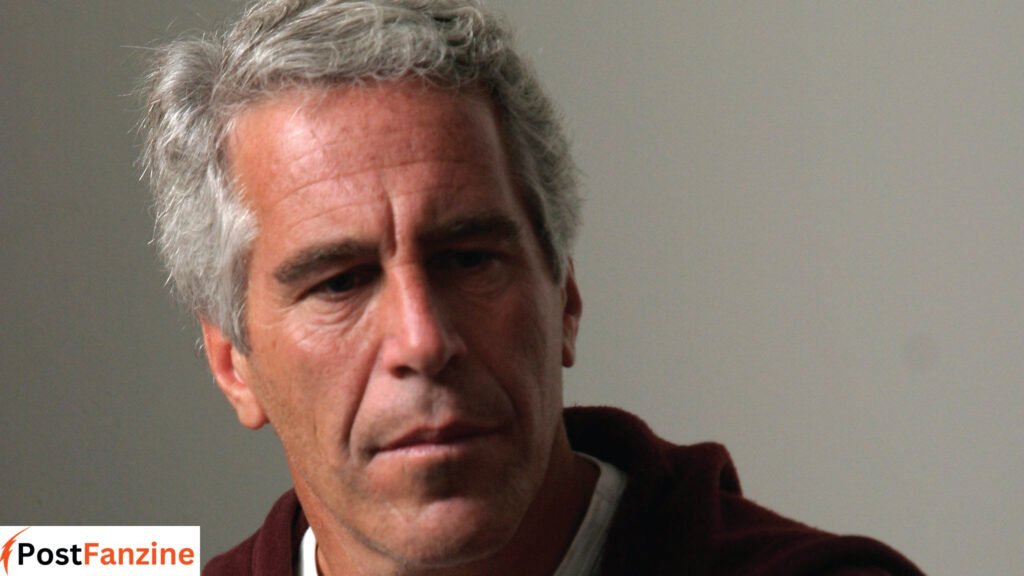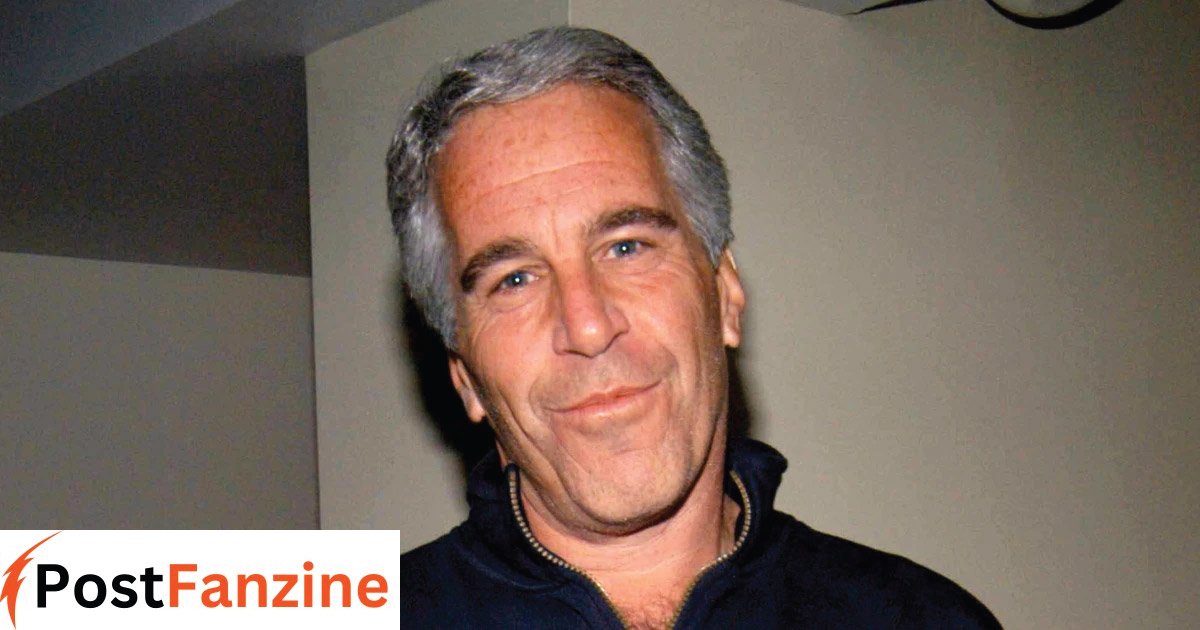The term “Epstein List Twitter” has grown to be a large point of dialogue, intrigue, and controversy in recent years. It refers to the list of individuals allegedly associated with Jeffrey Epstein, the disgraced financier who became accused of strolling an intercourse trafficking ring involving minors. The controversy surrounding Epstein’s connections, criminal proceedings, and eventual death in prison has been a warm topic on Twitter and different social media systems. This article will dive into the “Epstein List Twitter” phenomenon, inspecting the reasons behind its recognition, the conspiracy theories it has spawned, and the impact it has had on public discourse.
The Origin of the Epstein List
Before we delve into the “Epstein List Twitter” controversy, it’s essential to recognize the origins of the listing itself. Jeffrey Epstein, a rich financier with ties to several high-profile individuals, was arrested in 2019 on expense of intercourse trafficking. His connections to politicians, celebrities, and influential figures fueled public curiosity about who else was probably worried about his illegal sports. The “Epstein List” refers to a list of people who allegedly had connections to Epstein, either through his social circle, his private island, or his notorious “black e-book.”
As Epstein’s case won traction in the media, this listing has become a subject of excessive speculation. Many people started to question the quantity of Epstein’s impact and the involvement of effective figures. This curiosity speedily spread to Twitter, where customers started out sharing records, rumors, and conspiracy theories underneath the hashtag #EpsteinList.

The Role of Twitter in Amplifying the Controversy
Twitter has lengthily been a platform for amplifying arguable subjects, and the “Epstein List Twitter” phenomenon is not any exception. The platform’s rapid-paced nature allows users to proportion statistics and evaluations in current-time, mainly to a speedy spread of ideas and theories. As the Epstein case opened up, Twitter became a hub for discussions about the list, with customers dissecting every element of the investigation and the human beings allegedly related to Epstein.
One of the motives “Epstein List Twitter” won so much traction is the platform’s capacity to deliver collectively like-minded folks who have a not unusual hobby of uncovering reality. Conspiracy theorists, political activists, and involved citizens alike located a space on Twitter to voice their reviews and proportion their findings. The hashtag #EpsteinList has become a rallying point for the ones searching for answers and annoying duty from the ones in strength.
Conspiracy Theories and Misinformation
With the upward thrust of the “Epstein List Twitter” phenomenon there got here a surge of conspiracy theories and misinformation. The list itself, which purportedly includes the names of Epstein’s pals, has become the location of excessive speculation. Some Twitter users claimed that excessive-profile figures, which include politicians, celebrities, and commercial enterprise moguls, have been concerned about Epstein’s illegal activities. These claims often lacked concrete proof but gained traction due to the sensational nature of the accusations.
One of the maximum distinguished conspiracy theories to emerge from the “Epstein List Twitter” controversy is the idea that Epstein’s dying turned into not a suicide, as officially reported, but alternatively a murder orchestrated to protect powerful individuals implicated in the scandal. This theory won significant attention on Twitter, with customers sharing their suspicions and pointing to inconsistencies in the official narrative.
While some of these conspiracy theories might also appear way-fetched, they highlight the deep distrust that many human beings have inside the establishment. The “Epstein List Twitter” controversy has come to be an image of this mistrust, with customers thinking about the integrity of the criminal machine, the media, and the authorities.

The Impact on Public Discourse
The “Epstein List Twitter” controversy has had a profound effect on public discourse, each online and offline. The discussions surrounding Epstein’s connections and the allegations against him have forced human beings to confront uncomfortable truths approximately the nature of strength and about an impact on society. Many Twitter customers have expressed their frustration with what they understand as a loss of duty for those in positions of authority.
In addition to fueling conspiracy theories, the “Epstein List Twitter” phenomenon has also sparked vital conversations approximately problems along with baby trafficking, exploitation, and corruption. While the focal point of these discussions may additionally sometimes veer into speculative territory, they have got but raised cognizance about critical social problems that deserve attention.
Legal and Ethical Considerations
As with any controversy that profits traction on social media, the “Epstein List Twitter” phenomenon raises important legal and moral questions. One of the primary worries is the potential for defamation and harm to those who are named in connection with Epstein with without stable evidence. Twitter’s open nature allows for the speedy spread of data, but this may also lead to the dissemination of fake or misleading claims.
Another ethical consideration is the impact that the “Epstein List Twitter” controversy may have on the sufferers of Epstein’s crimes. While the discussions on Twitter may be properly-intentioned, they also can inadvertently retraumatize individuals who had been immediately tormented by Epstein’s actions. It’s vital for users to consider the sensitive nature of the topic and to approach it with care and recognition.
How Twitter Has Responded
Twitter, as a platform, has an obligation to address the unfair of misinformation and harmful content. In response to the “Epstein List Twitter” controversy, the business enterprise has taken steps to mitigate the effect of conspiracy theories and false claims. This consists of flagging deceptive content, suspending debts that violate Twitter’s guidelines, and selling authoritative sources of information.
However, the effectiveness of these measures is a subject of dialogue. While Twitter’s efforts to diminish misinformation are commendable, the platform’s decentralized nature makes it difficult to completely control the spread of controversial content. As long as there is a call for statistics and hypotheses approximately the “Epstein List,” it’s possible that discussions will continue to flourish on Twitter.

The Role of the Media in Shaping the Narrative
The mainstream media has played a considerable role in shaping the narrative surrounding the “Epstein List Twitter” controversy. News stores have included the Epstein case significantly, but their cognizance has often been on the greater sensational aspects of the tale. This has contributed to the public’s fascination with the listing and the people allegedly related to Epstein.
At the sufficient time, the media has also been criticized for no longer digging deep sufficient deeply into the allegations and for potentially effective defensive figures. This belief has fueled the perception that Twitter and other social media platforms are the simplest places wherein the whole truth may be uncovered. As an end result, the “Epstein List Twitter” phenomenon has come to be a mirrored image of the wider tension between conventional media and citizen journalism.
The Future of the Epstein List Twitter Controversy
The “Epstein List Twitter” controversy suggests no signs and symptoms of fading away whenever quickly. As new trends inside the Epstein case emerge, it’s far possible that discussions on Twitter will continue to conform. The platform’s function in shaping the public notion of the case will continue to be enormous, as customers are looking for information and the percentage of their critiques.
Moving ahead, it will likely be important for Twitter customers to approach the subject with a vital eye and to verify the data they come across. While the choice of transparency and duty is comprehensible, it’s similarly vital to keep away from leaping to conclusions or spreading unverified claims.
More: Reddit
Conclusion
The “Epstein List Twitter” phenomenon is a top example of how social media can increase controversy and shape public discourse. What started as a curiosity approximately a list of names has evolved into a full-blown motion, with Twitter users playing a vital position in uncovering and discussing the info about the Epstein case.
As with any contentious topic, it is vital to technique the “Epstein List Twitter” controversy with caution. While the discussions on Twitter have raised vital questions and brought interest to severe problems, they’ve also given an upward push to misinformation and conspiracy theories. By staying informed, verifying information, and thinking about the ethical implications of our moves, we will make a contribution to a greater responsible and effective conversation about this complicated and sensitive topic.
FAQs
- What is the “Epstein List Twitter”?
- “Epstein List Twitter” refers back to the discussions, theories, and controversies on Twitter concerning the listing of people allegedly related to Jeffrey Epstein.
- Why has the “Epstein List Twitter” controversy received a lot of attention?
- The controversy has received interest because of the high-profile nature of Epstein’s connections and the public’s curiosity about who is probably concerned about his illegal sports.
- Are the claims made on the “Epstein List Twitter” reliable?
- While some claims can be based on credible sources, others are speculative or unverified. It’s vital to method the statistics on “Epstein List Twitter” with caution and to verify info from trusted resources.
- How has Twitter replied to the “Epstein List” controversy?
- Twitter has carried out measures to deal with the spread of incorrect information, which include flagging deceptive content and suspending debts that violate guidelines.
- What impact has the “Epstein List Twitter” controversy had on public discourse?
- The controversy has sparked discussions about troubles which problems child trafficking, corruption, and the integrity of the criminal system, while additionally fueling conspiracy theories and distrust in traditional media.



